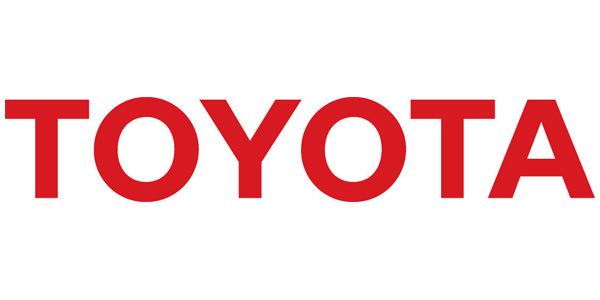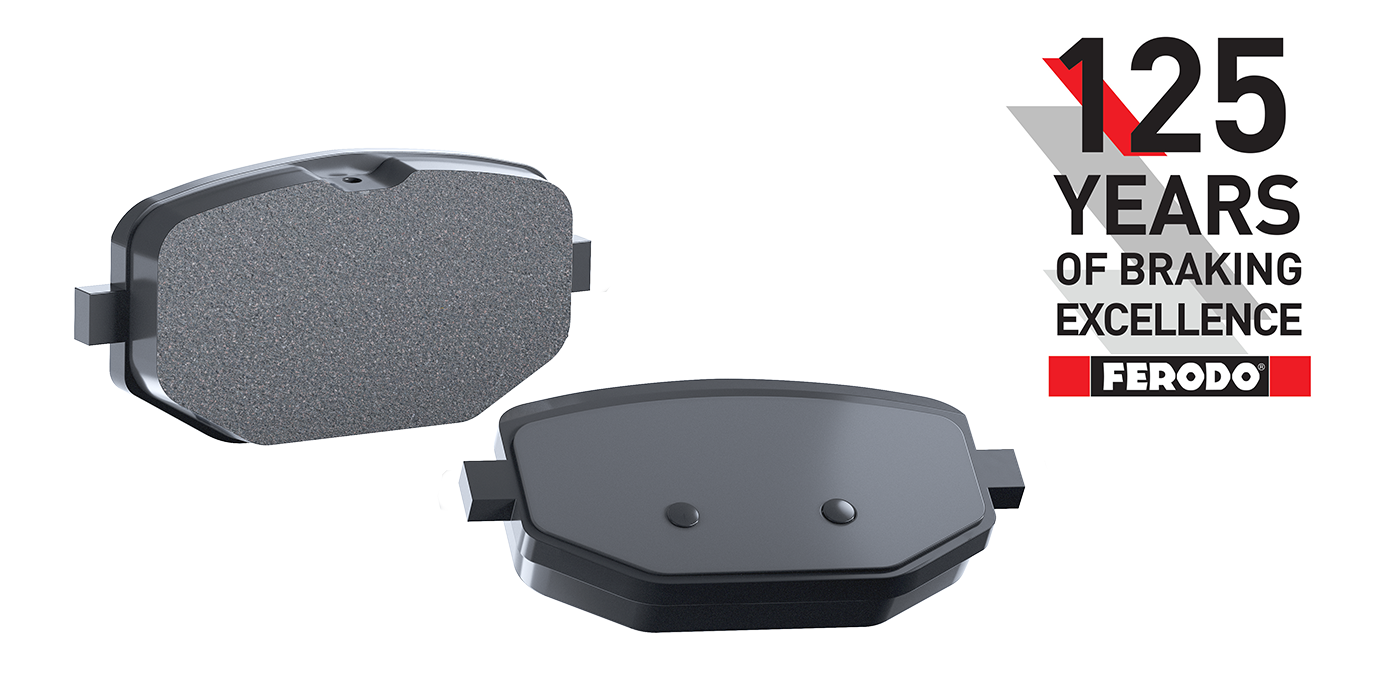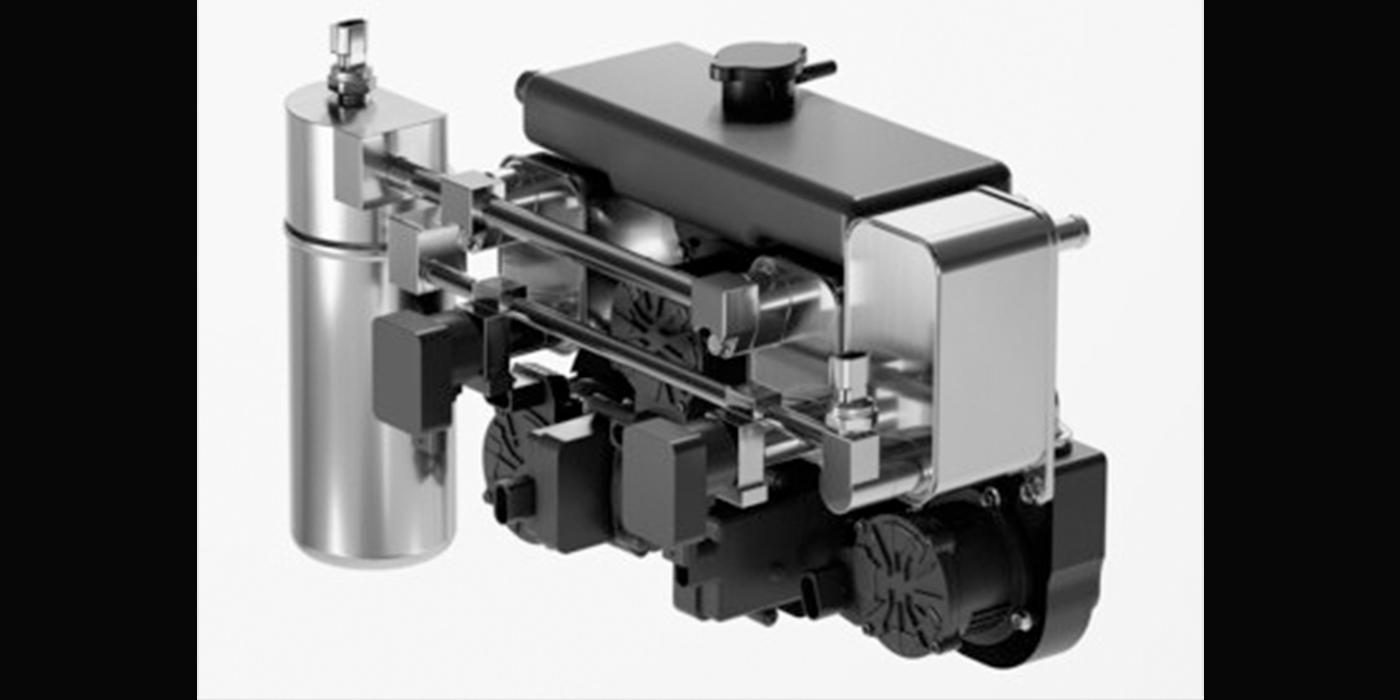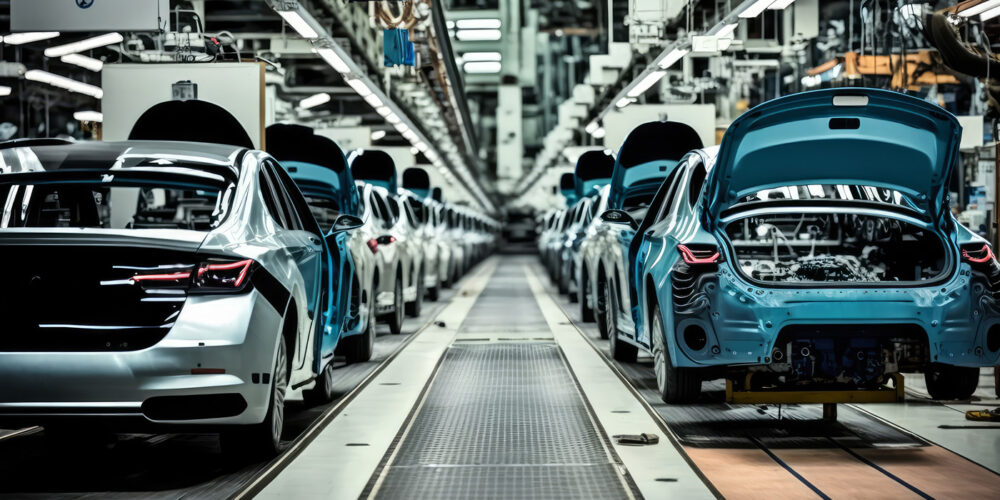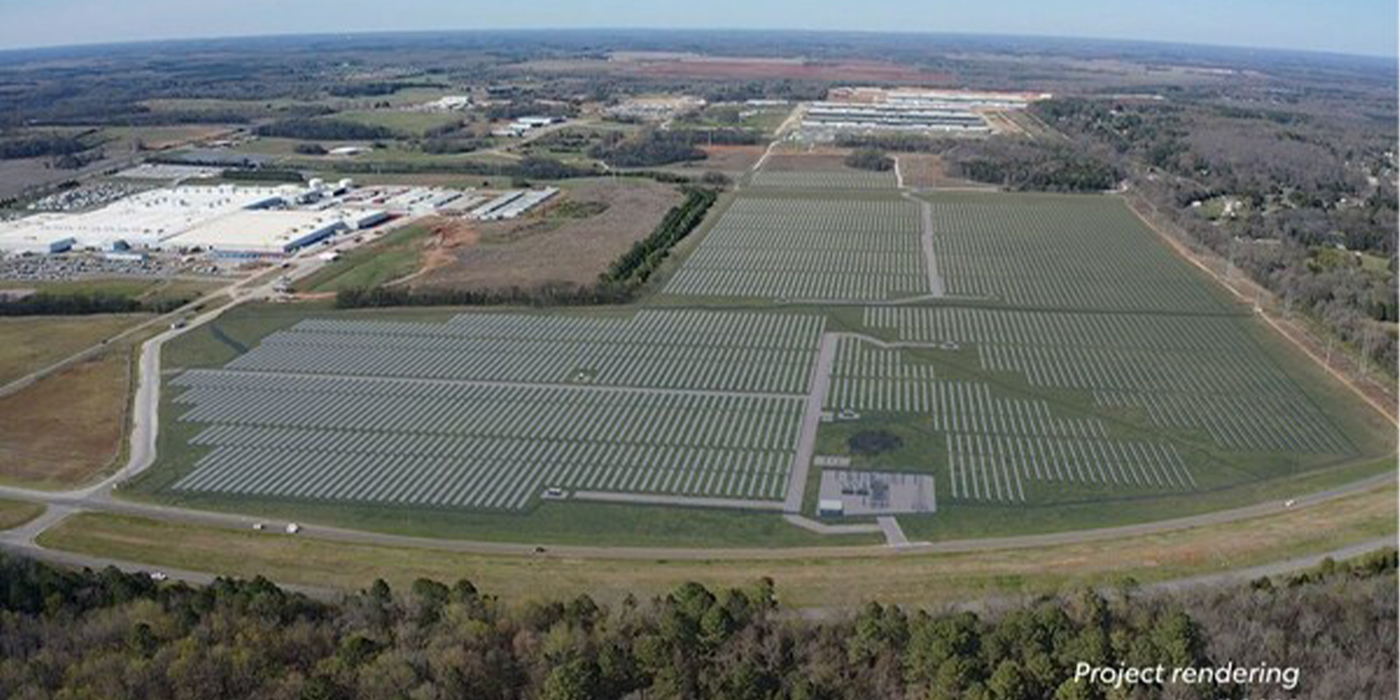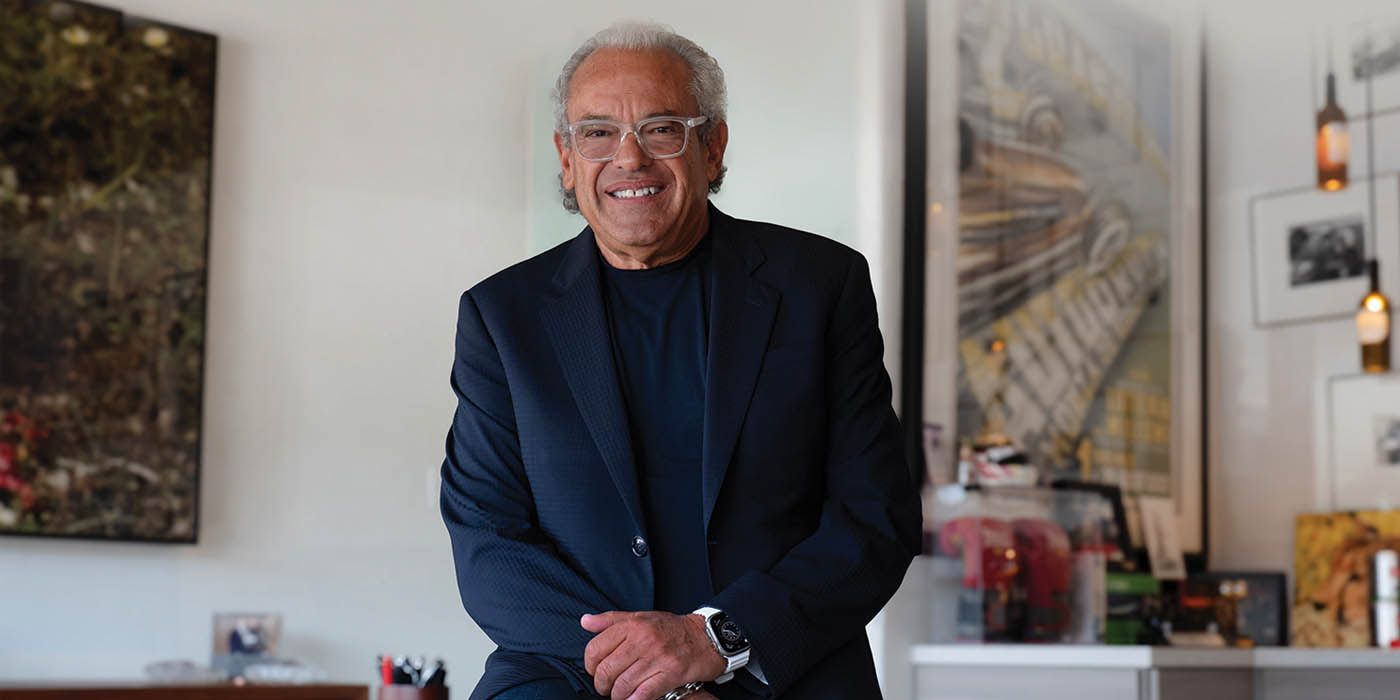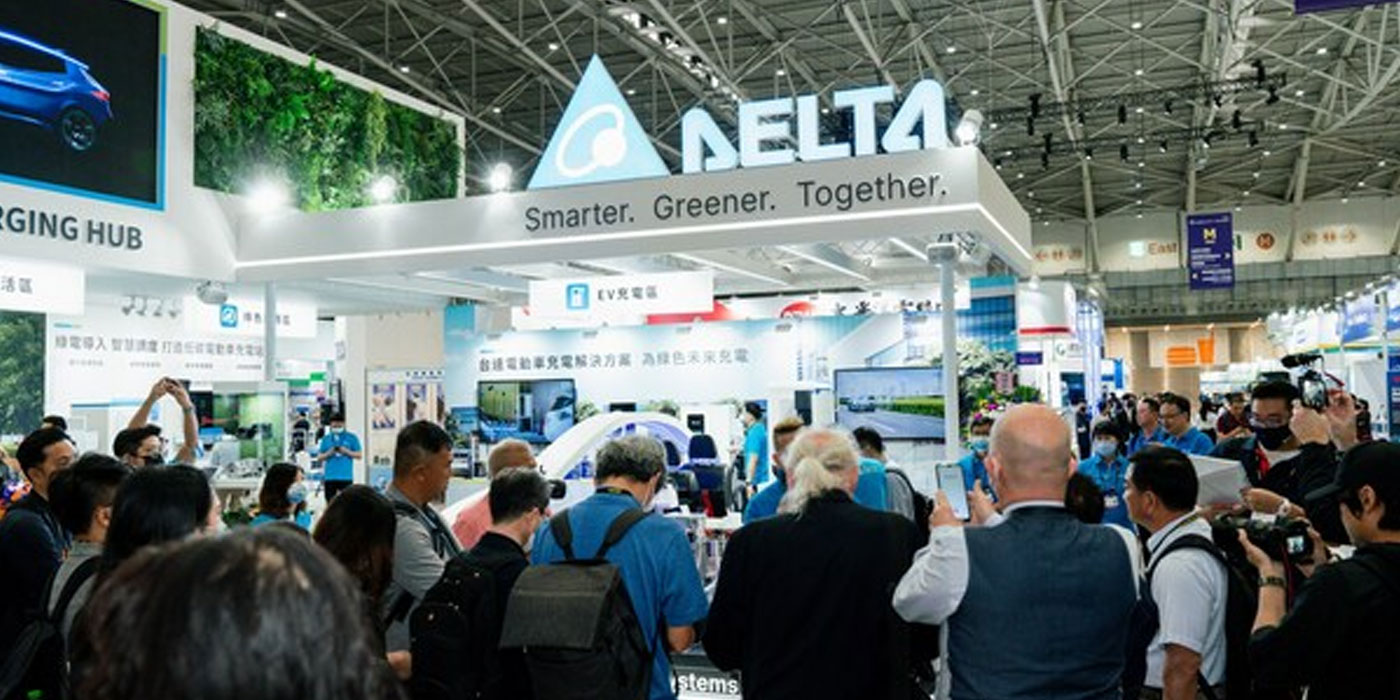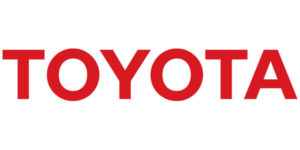 Toyota Motor North America (TMNA) has released four papers that detail the company’s environmental sustainability positions in North America as it works toward the goals of its Global Environmental Challenge, which sets sustainability targets for the company to achieve by 2050. The papers detail the automaker’s North American efforts to minimize environmental impact, protect the natural world and help create a net positive value in four key areas: carbon, water, materials and biodiversity.
Toyota Motor North America (TMNA) has released four papers that detail the company’s environmental sustainability positions in North America as it works toward the goals of its Global Environmental Challenge, which sets sustainability targets for the company to achieve by 2050. The papers detail the automaker’s North American efforts to minimize environmental impact, protect the natural world and help create a net positive value in four key areas: carbon, water, materials and biodiversity.
“At Toyota, we are working hard to address environmental issues facing the global community,” said Kevin Butt, regional environmental director, Toyota Motor North America (TMNA). “These position papers further showcase our efforts to achieve our ambitious environmental goals that ultimately aspire to contribute to global environmental sustainability.”
Unveiled in September 2015, Toyota’s Environmental Challenge 2050 consists of six challenges that seek to push the company beyond minimizing environmental impact to creating net positive change. The new position papers, released as part of Toyota’s Thought Leadership Summit at the Shell Eco-marathon in Sonoma, California, represent the company’s roadmap in North America for how to attain sustainable development in four key areas by 2050.
- Carbon:To address climate change, TMNA aspires to reduce greenhouse gas emissions from operations and establish longer-term targets to achieve zero emissions by 2050. In addition, the company also pledges to reduce vehicle emissions 90 percent from a 2010 baseline by 2050 by offering vehicles with alternative powertrains and working with stakeholders to expand PHV, EV and FCV infrastructure.
- Biodiversity:Toyota recognizes the significance of diversity of living organisms and the necessity to preserve their habitats to ensure ecosystem function. In North America, the company pledges to conserve natural habitats by 2050 and partner with third parties to protect globally recognized hotspots. In addition, the company will engage people each year in projects that protect biodiversity and work to protect threatened and endangered species living near its sites as well as certify all major facilities to a recognized, high standard conservation certification.
- Materials:Toyota’s material strategy aims at conserving natural resources, eliminating waste disposal and sharing know-how. In North America, Toyota has established a data tracking system to annually track the amount of packaging used. Toyota has set a global target to reduce packaging material use by 5 percent by fiscal year 2021.
- Water:As the availability of clean water becomes more important to Toyota communities in drought-stressed regions of North America, the company will continue to manage and preserve this critical resource. Toyota pledges to reduce absolute water withdrawals from North American operations by incorporating waterless manufacturing technologies and adopting water conservation and recycling technologies. By 2050, the company will establish closed loop systems with 100 percent recycled/reused water, while also engaging with communities and nonprofits to conserve water.

